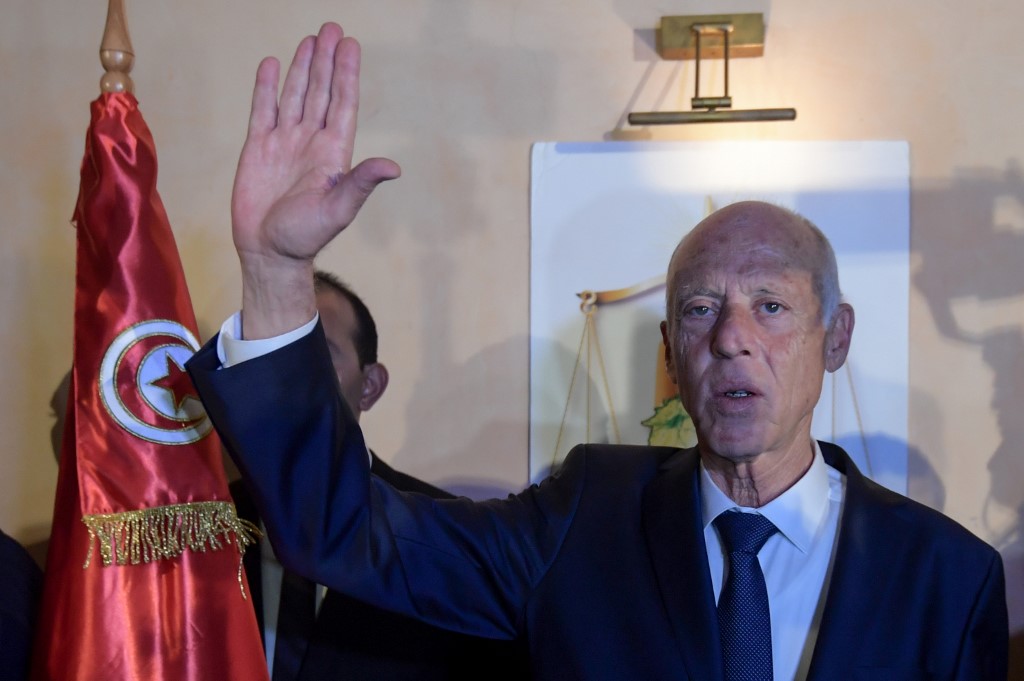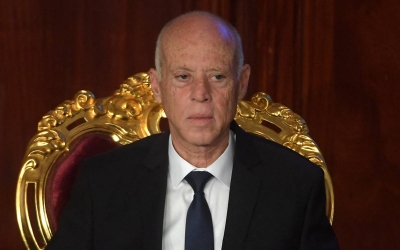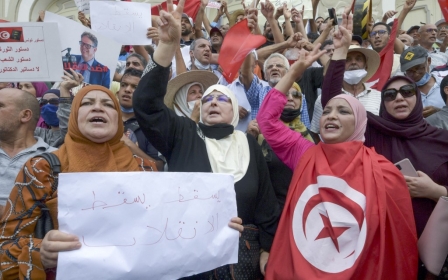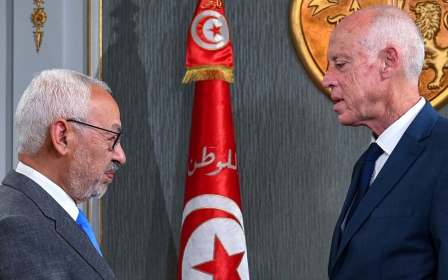Tunisia: The justice system is in jeopardy when powers are concentrated in one man’s hand
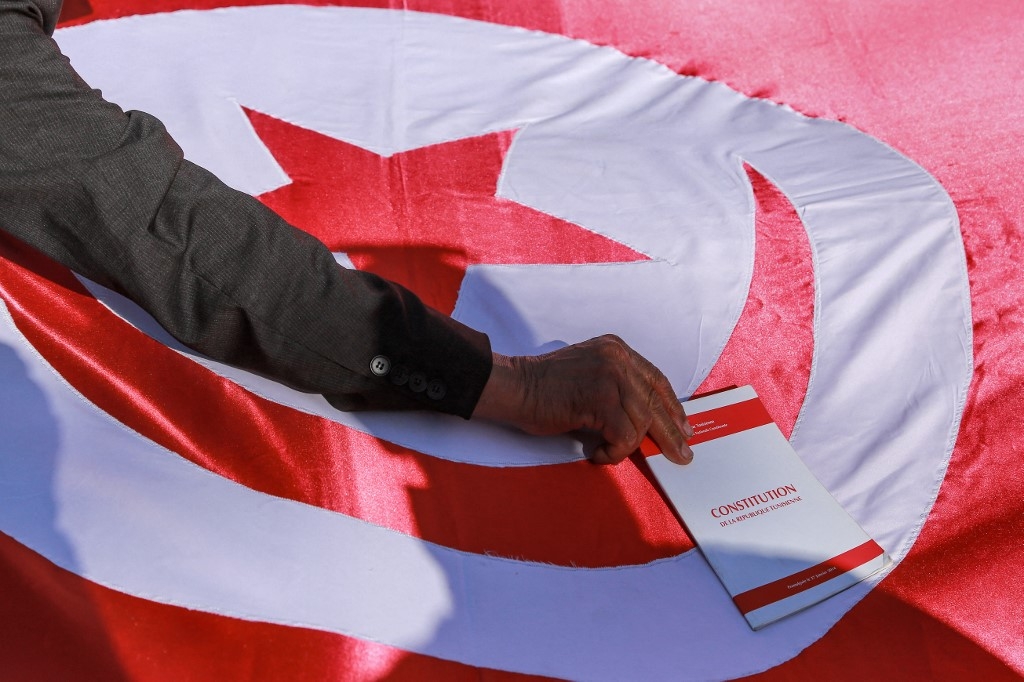
In recent months, Tunisian President Kais Saied has moved to reshape the country’s political and legal scene. After freezing parliament last year, he targeted the judiciary, recently announcing his intention to scrap the Supreme Judicial Council, one of the pillars of the independence of the country’s justice system.
Even though the performance of the existing council has been unsatisfactory, it remains a pillar of judicial independence and of the constitution
Saied, who has accused judges of corruption and obstructionism, asked the justice minister last November to prepare a decree on amending the council’s composition. This move was unsound from a constitutional and legal perspective, and also unnecessary, since the mandate of the current council ends this coming November, according to its organic law (Article 34).
During a subsequent meeting with the council’s president, Saied described the judiciary as a “function within the state”. His tone indicated the early stages of judicial interference, as he appeared to be dictating what the judiciary should and shouldn’t do.
In light of this move, various actors in the Tunisian justice sector have stressed the importance of an independent judiciary, voicing their concerns over Saied’s interference.
While public trust in the justice system isn’t particularly high - in a survey several years ago, 48 percent of Tunisians said they had confidence in the judiciary - there seems to be some confusion on the role of the council itself. While the council serves a disciplinary function, the justice ministry also plays a disciplinary role, along with the General Inspection of Judicial Affairs, which is directly under the supervision of the justice ministry.
New MEE newsletter: Jerusalem Dispatch
Sign up to get the latest insights and analysis on Israel-Palestine, alongside Turkey Unpacked and other MEE newsletters
Opposition mounting
Could a recent legal opinion from the council, related to Tunisia’s draft penal reconciliation decree for those involved in financial crimes, referred to it by the minister of justice, be one of the reasons for the body being targeted?
Since the general assembly held last month, the council has rejected "expressing an opinion" on the draft decree, maintaining that it lacked substantive and formal conditions to be examined by the council.
Saied’s declaration of the dissolution of the SJC from the headquarters of the Ministry of Interior, in the absence of the minister of justice and the presence of senior security officers, was widely being seen as an insult to the judiciary, with the council reporting that Tunisian security forces have since prevented members from accessing their offices. The Tunisian Judges Association organised a two-day strike in protest against the move, as fears continue to grow over the implications of the president’s interference.
Meanwhile, the head of the judicial council, Youssef Bouzakher, has filed a complaint against Tunisia’s interior minister, asking him to hand over the keys to the council’s headquarters.
Various political parties and actors have blasted Saied’s unilateral decision, including Ennahda, the Democratic Forum for Labour and Liberties, the Republican Party and the Democratic Current, among others. Lawyer and politician Mohamed Abbou filed a complaint with the Public Prosecutor’s Office “for the crime of changing the governing bodies formed under the laws, taking advantage of the context of a ‘revolution’”.
Civil society groups, journalists, lawyers and academics have also come out in support of the council, rejecting any interference by the country’s executive authority in the work of the judiciary.
Concentration of powers
Still, despite all objections and protests, the president has forged ahead, issuing a decree two weeks ago to establish a new temporary judicial council. The decree is problematic on many levels, prohibiting strikes and any collective action by judges that could disturb the work of the courts - a clearly unconstitutional move.
The decree also grants the president the right to appoint and dismiss judges, allowing the executive to directly interfere in their career paths. Unlike the "dissolved" council, the temporary council is only composed of appointed judges, excluding other legal professions, making it the "Council of Judges" and not of the "Council of Judiciary".
It is important to note that even though the performance of the existing council has been unsatisfactory, it remains a pillar of judicial independence and of the constitution. The state of exception decreed by Saied last summer cannot justify dissolving an institution that is meant to be independent. The justice system cannot be reformed when powers are concentrated in one man’s hand.
Now, a consensus is emerging among judicial bodies to reject Saied’s temporary council, as calls grow for greater mobilisation and protests. At a critical time for Tunisia, this issue is likely to escalate further in the days and weeks ahead.
The views expressed in this article belong to the author and do not necessarily reflect the editorial policy of Middle East Eye.
Middle East Eye delivers independent and unrivalled coverage and analysis of the Middle East, North Africa and beyond. To learn more about republishing this content and the associated fees, please fill out this form. More about MEE can be found here.



